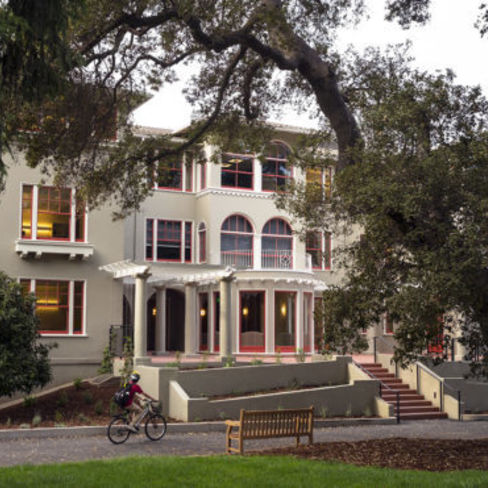Other Resources
Cardinal Green Lab
The Cardinal Green Labs program provides resources specifically tailored for laboratories to help them operate as sustainably as possible.

Harassment & Misconduct
Stanford offers a variety of resources and services to students, staff and faculty who are concerned about sexual harassment and other forms of misconduct.

Shipping Procedure for Research Materials
All outgoing packages containing chemicals, biological materials, and/or dry ice require verification and approval before shipment.
High School Students at Stanford CHEM
Due to liability issues, the Department of Chemistry allows no unpaid workers, interns or volunteers. Exceptions are those sponsored through University visitor appointments (Registrar’s office, Dean of Research, H&S Dean’s Office), or high school programs (RISE, IFSS, see below).
Students 16 to 18 years old
Currently the youth programs that are most popular among high school students looking specifically for training in the field of Chemistry, are RISE and the Chemistry department’s IFSS shadowing program (see links below).
Students younger than 16 years are prohibited from working in university laboratories (see link to EHS doc below).
IFSS Inspiring Future Students through Shadowing
Health & Safety Requirements for Minors in Laboratories at Stanford University